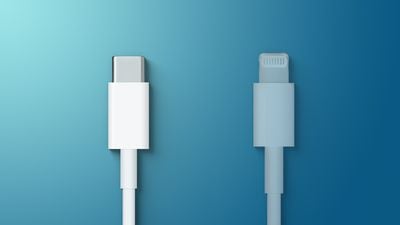This week, MEPs voted overwhelmingly for legislation that would force Apple to offer USB-C ports on all iPhones, iPads and AirPods in Europe.

The proposal, known as the Directive, would force all consumer electronics manufacturers selling devices in Europe to ensure that all new phones, tablets, laptops, digital cameras, headphones, earphones, handheld video game consoles and portable speakers have USB-C ports , regardless of the manufacturer. The exemption only applies to devices that are too small to provide a USB-C port, such as smartwatches, fitness trackers, and some sports equipment. This “universal port” would be a world first, especially for Apple, which widely uses a Lightning connector instead of USB-C on many devices.
The Internal Market and Consumer Protection Committee voted in favour of the legislation on Wednesday, with 43 votes in favour and 2 against. In a press release, the MEP claimed that the move will reduce e-waste, address product sustainability and make the use of different devices more convenient.
MEP also said it would like to see clear information and labelling on new devices about their charging options, and whether the product includes a charger. They claim this will help avoid confusion and simplify purchasing decisions for consumers who have multiple devices and don’t always need an extra charger. Starting with the 2020 iPhone 12, Apple removed the charger from all new iPhone models.
In addition, MEPs want the European Commission to come up with a strategy to ensure interoperability between wireless charging solutions by 2026 to prevent fragmentation and reduce waste, ensure user convenience, and avoid consumers falling into proprietary charging solutions Program. It’s unclear if this includes the MagSafe charging system Apple offers for iPhones and AirPods, since it’s based on the Qi wireless charging standard.
In 2018, the European Commission tried to reach a final solution on the issue, but it failed to become law. At the time, Apple warned that forcing the industry to use a universal charging port would stifle innovation and create e-waste, as consumers were forced to switch to new cables. EU efforts resumed last year, with the European Commission spearheading an updated version of the directive. In order to take effect, the European Parliament must approve the draft legislation next month, followed by discussions with individual EU member states on a final directive.










